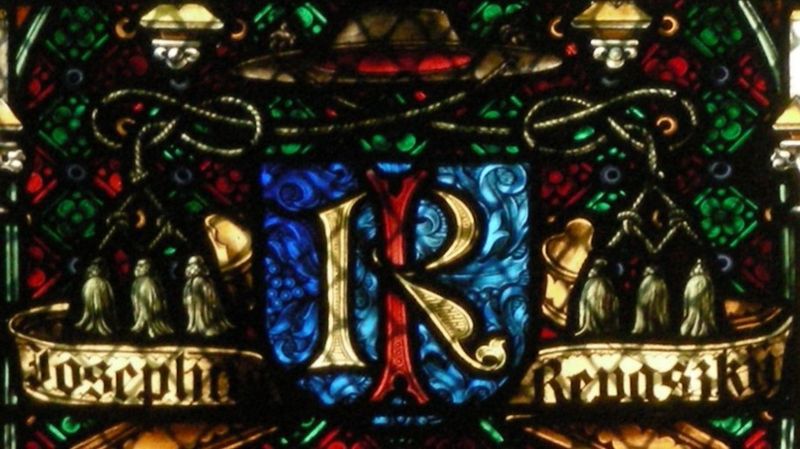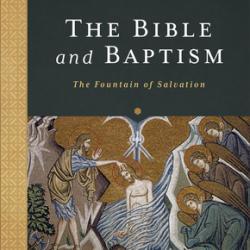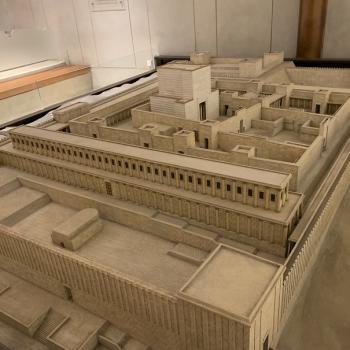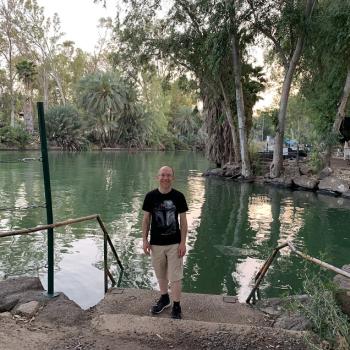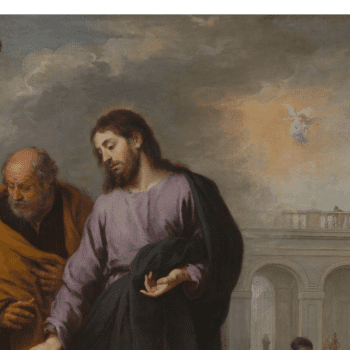I used to talk disdainfully about the Mormon practice of baptism for the dead. Taking an obscure reference in one of Paul’s letters and developing it into a doctrine seemed to me very dubious.
I’m still not persuaded that the LDS church has understood what Paul was referring to correctly. But I have a new-found appreciation for this doctrine of theirs, which essentially leads them as a community to investigate and appreciate family history.
It has been a while since I’ve done much in the way of family history research. But about a decade ago, I dove in with a passion, for several reasons. One was discovering that I had actually visited places in Eastern Europe that some of my ancestors were from, without knowing that they were from there at the time. The other was the passing away of some older relatives, and realizing that there was a limited window of opportunity to find things out that I might not be able to later.
When I first visited an LDS Family History Center, I didn’t know what to expect. But the staff were friendly, and no one tried to proselytize me. Instead, they were merely eager to help me with my investigations. By using their subscription to websites like Ancestry.com, I was able to make a good start. I found one relative, who had changed their name at some point and thus had been hard to track down. That made it possible to then dive into looking at parish baptism and death records, and to follow the trail that led from there.
I quickly learned some of the challenges of such research. A first and last name plus a location was not always enough to find your own ancestor. I found a significant number of them nevertheless. I found that I was not the first person to go into theology in my family. On the internet, I managed to find out about books that a great great great uncle wrote, see his name and coat of arms in a cathedral’s stained glass window, and find his funerary monument, which he shares with his mother, my great great great great grandmother.
I might perhaps have been able to find all this out some other way. But it would have been much harder without the help of a local Family History Center.
We can’t remember our ancestors until we identify them and learn about them.
And so I may still not be persuaded that LDS exegesis of 1 Corinthians 15:29 has found the most likely original meaning of that reference. But lots of texts are obscure, and it is what if anything we do with them when they are part of our tradition that matters. I know more about my ancestors thanks to this LDS doctrine. And I am grateful.

